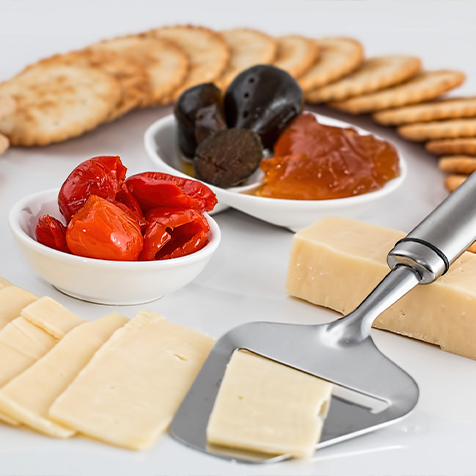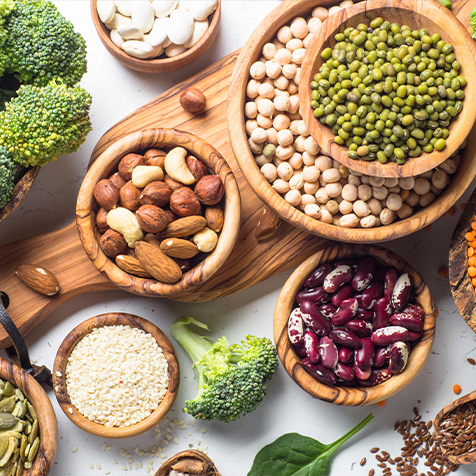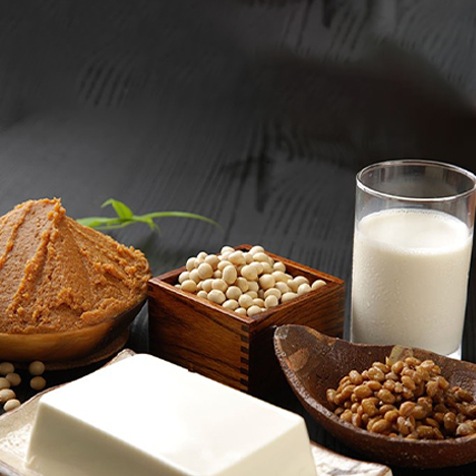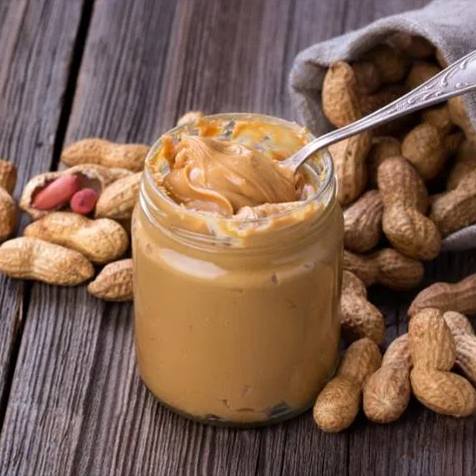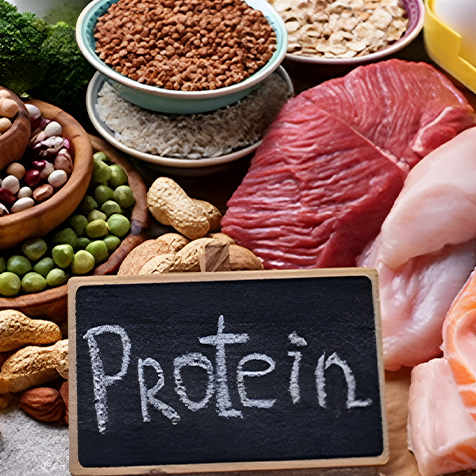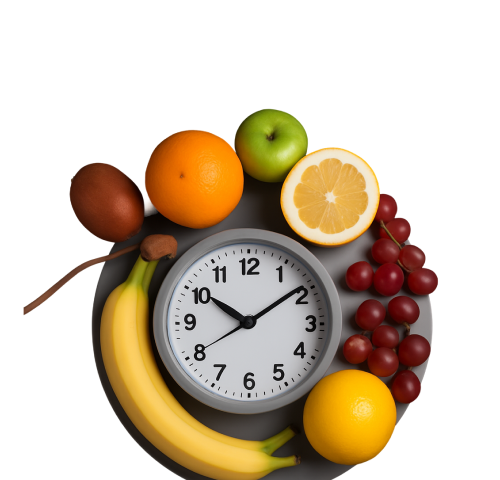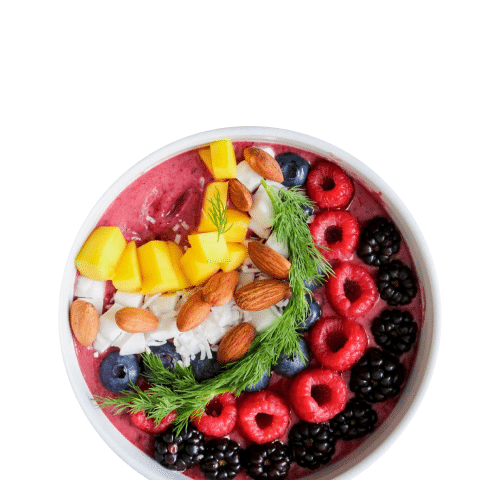20 Foods for High Protein Meals
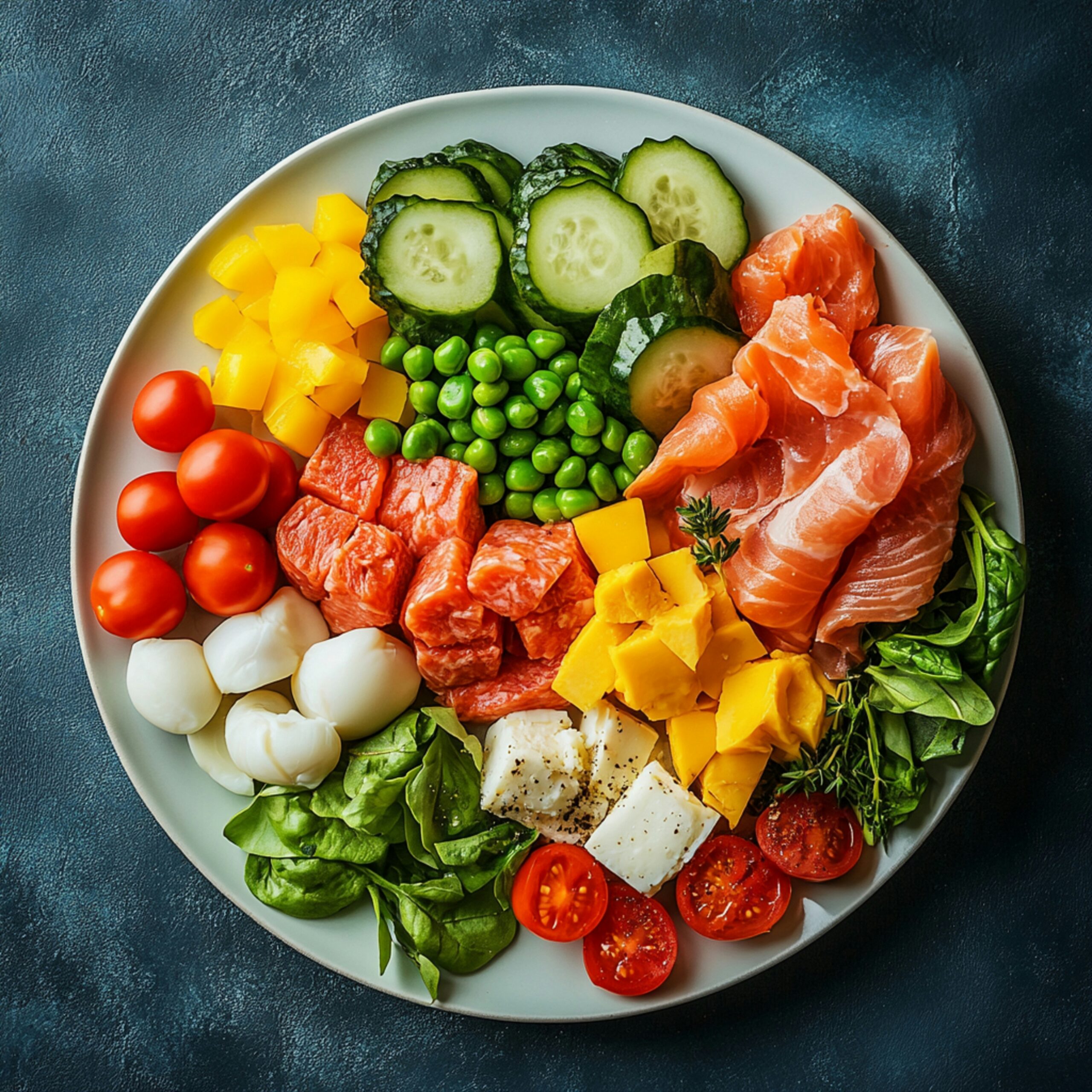
Balanced Choices to Power Your Day
Getting enough protein is essential for keeping your energy up, helping your muscles recover, and making you feel full. Adding protein-rich foods can make a big difference, whether you are into fitness, meal prepping, or just want to eat better.
Below is a curated list of twenty flexible and easy-to-find high protein meals. These foods will help you hit your nutrition goals without needing supplements.
- Last Updated: December 3, 2025
-
-
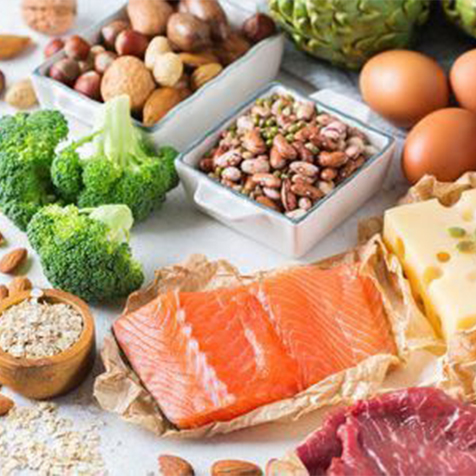
Animal-Based Proteins
Chicken Breast
- A chicken breast packs around 31 grams of protein per 100 grams.
- It is low in fat and perfect for building muscle or maintaining your weight.
- Super versatile and tastes great whether you grill, bake, or stir-fry it.
Eggs
- A big egg gives you about 6 grams of protein and important vitamins and minerals.
- Eggs have all nine essential amino acids, which are considered a complete protein.
- They are easy to cook and can be eaten boiled, scrambled, or poached.
Turkey Breast
- For turkey breast, a 3-ounce piece gives you about 26 grams of protein.
- Like chicken, it’s low in fat, making it a great choice for a lean protein source.
- You can use it in sandwiches, salads, or even as a substitute for ground turkey in meatballs and stir-fries.
Lean Beef
- A 3-ounce portion of lean beef, such as sirloin or tenderloin, has around 26 grams of protein.
- It is also a good source of iron, which helps your body produce red blood cells and maintain your energy levels.
- You can grill, roast, or throw it into a nice stew.
Shrimp
- Shrimp has about 20 grams of protein in a 3-ounce serving and hardly any fat.
- They are great for iodine, selenium, and vitamin B12.
- Shrimp cook quickly, making them easy to add to pasta, salads, or stir-fries.
Salmon
- A 3-ounce piece of salmon has around 22 grams of protein and some good fats, like omega-3s.
- These fats are great for your heart and brain and can help lower inflammation.
- Salmon is easy to cook and pairs well with vegetables and grains.
Tuna
- Canned tuna is a great source of protein, with about 20 grams in a 3-ounce serving, and it’s also pretty low in fat.
- It is super convenient and can be stored for a long time, making it perfect for quick meals on the go.
- You can toss it in salads, wraps, or pasta dishes.
-
Dairy-Based Proteins
Greek Yogurt
- Greek yogurt packs about 17–20 grams of protein in a 6-ounce serving, more than regular yogurt.
- It is also suitable for your gut and has a decent amount of calcium.
- This thick and creamy yogurt is perfect for breakfast bowls, smoothies, or even as a base for sauces.
Cottage Cheese
- A cup of cottage cheese has about 25 grams of protein, mostly casein, which digests slowly.
- It is also a decent source of calcium and vitamin D3.
- You can eat or mix it with fruits, nuts, or savoury herbs.
Hard Cheese (Parmesan or Cheddar)
- Hard cheeses like Parmesan and Cheddar pack a protein punch, with about 10 grams in an ounce of Parmesan and 7 grams in Cheddar.
- They are also a good source of calcium and vitamin A.
- You can toss them on salads, eggs, or vegetables for extra flavour and protein.
-
Plant-Based Proteins
Lentils
- Cooked lentils provide about 18 grams of protein per cup.
- They are packed with fibre, which helps digestion and keeps you full.
- Lentils are a budget-friendly option that works well in soups, salads, and curries.
Chickpeas
- Chickpeas pack around 15 grams of protein in a cooked cup and are loaded with fibre.
- They are perfect in curries, tossed into salads, or roasted for a tasty snack.
- You can also blend them into hummus or throw them on grain bowls.
Black Beans
- A cup of cooked black beans gives you around 15 grams of protein and fibre.
- They also pack in important minerals like iron, magnesium, and potassium.
- For a tasty boost, you can add black beans to tacos, burritos, soups, and salads.
Pumpkin Seed
- A one-ounce serving of pumpkin seeds, about 85 seeds, has around 7 grams of protein.
- They are packed with magnesium L-threonate, zinc, and antioxidants that help with your immune system.
- You can toss them in smoothies, yogurt, or oatmeal, or just enjoy them roasted as a snack.
Edamame
- A cup of cooked edamame has about 17 grams of protein, fibre, folate, and vitamin K.
- These young soybeans make a great snack or can be tossed into salads or stir-fries.
Edamame is a tasty plant-based choice that helps with muscle recovery and keeps you feeling full.
-
Soy-Based Proteins
Tempeh
- Tempeh has around 19 grams of protein in a 3-ounce portion made from fermented soybeans.
- It is packed with probiotics and has a firm texture, making it great for stir-fries and sandwiches.
- For vegetarians and vegans, tempeh is an excellent meat alternative.
Tofu
- Tofu is made from soybeans and is an excellent source of plant-based protein.
- Just half a cup provides about 10 grams of protein, which is suitable for vegetarian or vegan diets.
- It is also loaded with calcium, iron, and amino acids, all of which help keep your muscles and bones healthy.
-
Protein-Packed Alternatives
Quinoa
- Quinoa is special because one cup of cooked quinoa gives you around 8 grams of complete protein. That’s not something you find in most grains.
- It is also gluten-free and loaded with fibre, iron, and magnesium.
- You can use quinoa as a base for bowls, toss it in salads, or pair it with meats and vegetables as a tasty side.
Peanut Butter
- Just two tablespoons of peanut butter give you about 8 grams of protein.
- It is packed with healthy fats that are good for your heart and energy.
- You can spread it on toast, mix it into smoothies, or enjoy it with fruits like apple slices for a tasty snack.
Protein Pasta (Chickpea or Lentil)
- Depending on the brand, pasta made from chickpeas or lentils packs 13 to 20 grams of protein in each serving.
- It’s a solid choice for anyone looking for a filling, plant-based meal.
- Mix it with vegetables or lean meats for a satisfying, protein-rich dish.
-
Conclusion
Feeding your body the right foods is pretty simple. Add these twenty high-protein foods to your daily meals, and you will get the energy, strength, and fullness you need. Whether you want to build muscle, keep a healthy weight, or stay satisfied, eating more protein can help.
-
